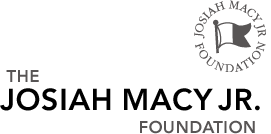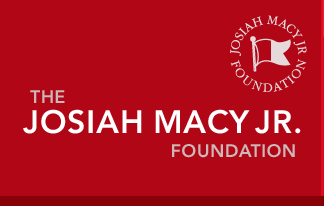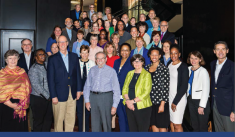Our Grantees
Across the Foundation’s priority areas, our grantees are working to improve the health of the public through innovative research and programs. The Foundation awards up to 40 grants on a rotating schedule each year.
Improved Clinical Training
Over the past decades, the actual clinical, or bedside, training of medical students has become increasingly fragmented, due both to the growing dominance of fact-driven biomedical science and the simple reality that senior clinicians no longer have sufficient time to teach clinical acumen and interpersonal techniques to medical students.
This is not a new problem, but it has not been corrected. A strongly worded report in the mid-1980s called clinical clerkship an unstructured, haphazard apprenticeship that often failed to contribute to the overall educational objectives established for the medical student education program, but this report had little impact. Instead, the situation continued to deteriorate. In most medical schools the third and fourth year clinical clerkships, which are the core of clinical education, are designed and conducted by faculty in clinical departments and no attempt is made to coordinate programs or provide any central oversight. In addition, shorter lengths of hospital stay and changes in the delivery of care have exacerbated the situation.
In 2000, Michael Whitcomb, MD, Senior Vice President of the Association of American Medical Colleges (AAMC) and Donald Nutter, MD, Executive Associate Dean of Northwestern University Medical School, studied the current state of clinical education in American medical schools, a study supported in part by the Macy Foundation. Their report is to be widely disseminated.
At the same time, Jeremiah Barondess, MD, President of the New York Academy of Medicine (NYAM), created an advisory group of academic physicians, all with considerable experience in medical education but currently in positions that permit them to take a broad look at the fundamental problems in clinical training. Building on the AAMC work, the group was asked to identify the changes in both medical education and health care that have contributed to the growing deficiency in clinical education.
In addition to Drs. Barondess and Whitcomb, members of the group include: Daniel D. Federman, MD, former dean of students at Harvard Medical School; John Frymoyer, MD, former dean at the University of Vermont School of Medicine; David Greer, MD, former dean of Brown University School of Medicine; Gordon P. Harper, MD, associate professor of psychiatry at the Harvard Medical School; Edward Hundert, MD, former dean of the University of Rochester School of Medicine and currently President of Case Western Reserve University; Jerome P. Kassirer, MD, former editor of the New England Journal of Medicine; and Thomas Q. Morris, MD, senior associate dean of the College of Physicians and Surgeons, Columbia University.
After meeting for two years, the advisory group recommended that the NYAM and AAMC work together to identify new objectives for the content of clinical education for medical students and to support innovative models for the education of future physicians in the clinical transition.
To launch the process, a three-day invitational conference, supported by the New York Community Trust, is scheduled at the New York Academy of Medicine in September 2002. At that meeting, leaders in medical education plan to develop principles and recommendations for restructuring clinical medical education. Based on that guidance, the investigators will develop a request for proposals for models of innovative teaching during the first year of the grant. Those proposals will include strategies for both long and short-term evaluation.
Then, based on the proposals received, the advisory group will conduct a number of site visits and eventually select four sites. This grant provides $75,000 per site to carry out the proposed innovative model of clinical education. During the period of this grant, the group will continue to serve as an advisory committee, meeting with investigators, conducting site visits, and overseeing evaluation. Modest funding at the end of the grant will support final evaluation, publication, and dissemination of results.




 11.13.18
11.13.18